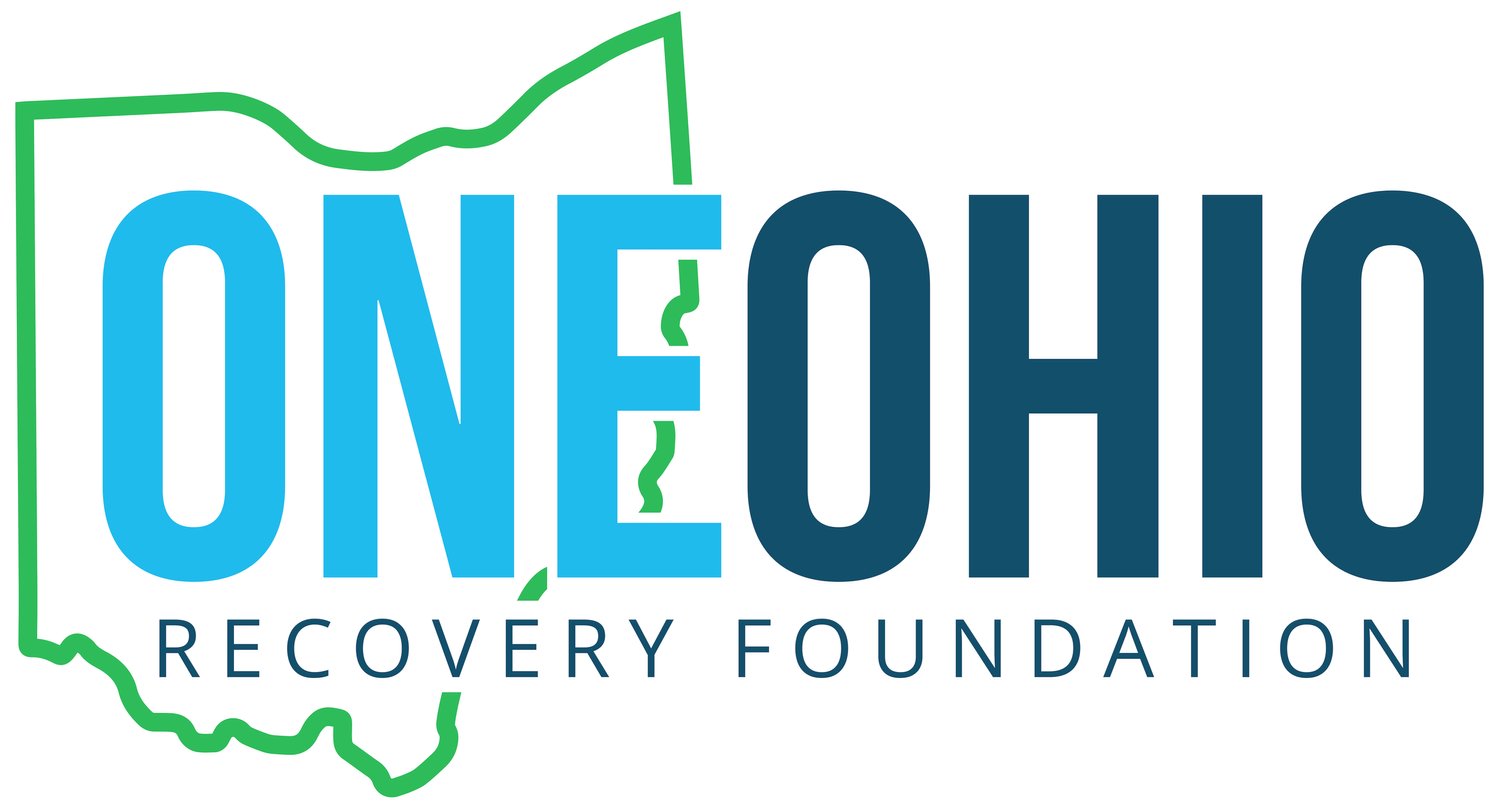The Athens Messenger Op-Ed By Foundation Board Member Ron Luce
OneOhio Recovery Foundation Region 10 Board Representative Ron Luce authored the following op-ed in the Athens Messenger. You can read the original op-ed here.
Ohio’s ongoing opioid epidemic harms each and every person, family, and community it touches, but that damage doesn’t need to be the last word. Going forward, healing and recovery along with successful new lives for survivors and families aren’t just dreams — they’re realities within our grasp.
The OneOhio Recovery Foundation is a private, nonprofit organization created at the direction of Ohio’s state and local leaders to distribute 55% of the money that Ohio will receive from the pharmaceutical industry as a consequence of its role in the national opioid crisis. Beginning this month, community and region-based organizations fighting the opioid epidemic can seek grants from a pool of $50 million available in the upcoming funding cycle.
As a new board member of the Foundation, I am proud to highlight the availability of these significant resources to drive innovative efforts across Ohio to help make a difference in the lives of those affected by the trauma of addiction.
Representing one of the state’s hardest-hit regions, I can speak from experience about the importance of these dollars being invested in local communities and overseen by organizations with long experience in the treatment and recovery world. During my time as executive director of the John W. Clem Recovery House, an Athens-based organization that serves men in recovery from drug and alcohol dependency, and while working with Hopewell Health Centers setting up peer recovery services at area hospitals, I saw the impact of addiction every day.
Athens is part of OneOhio Region 10, whose other counties include Gallia, Hocking, Jackson, Lawrence, Meigs and Vinton counties. Five of those counties are among Ohio’s top 20 counties for the highest overdose rates in 2023.
I also helped develop Ohio Recovery Housing, the state’s affiliate of the National Alliance for Recovery Residences, which sets standards and offers peer-reviewed certification for recovery housing, as well as training and technical assistance to housing operators. I also helped write the NARR guidelines that underlie the state’s standards.
In all these roles, I have seen first-hand the pain caused by addiction but also the benefits of treatment overseen by professionals familiar with the circumstances of those they serve.
Based on both my work and my personal experience, I believe strongly in taking each person in recovery on their own terms and finding resources that work for that individual. For example, medically assisted treatment is a powerful recovery tool, but must be accompanied by counseling and other interventions. A peer-to-peer recovery network is also beneficial, and again, an essential part of a local response to the epidemic.
Ending the blight of addiction also entails addressing the trauma that drove many to drugs and alcohol to begin with, including poverty, family dysfunction, and scant educational opportunities. No one is better suited to appreciate this trauma than service providers who work directly in the community.
The good news: many tools exist to help people who have substance use disorders. But tragically, resources aren’t readily available or are spread so thin it’s difficult to serve everyone in need.
That’s where the OneOhio Recovery Foundation comes in.
We are now accepting grant applications that support prevention, treatment, and recovery efforts in every corner of Ohio. The Foundation’s grants can only be game-changers in the epidemic, however, if they are put to work. With certainty that they will, I know we are on the road to victory in our fight.
